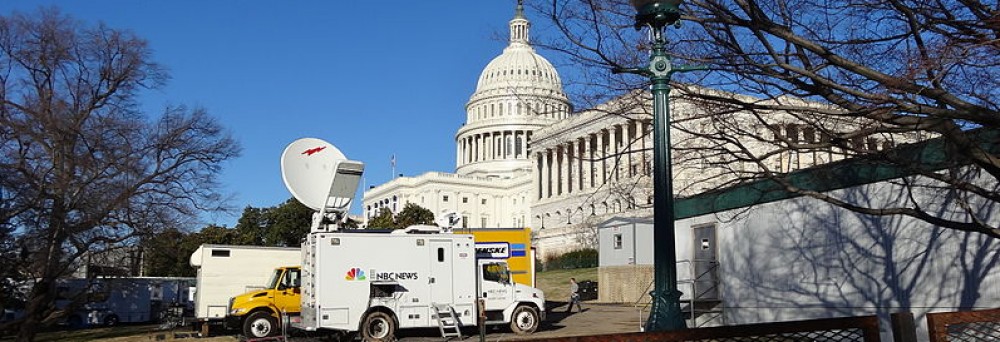By ADRIENNE MOTLEY
Shabazz Napier, a University of Connecticut men’s basketball star, recently told sports reporters during the NCAA tournament that sometimes he “goes to bed starving because he can’t afford food.”
Following Napier’s comments and all the media attention that they drew, the NCAA proposed a rule that college athletes can receive unlimited meals and snacks. Division I schools could provide athletes additional meals covered in a student-athlete’s scholarship if approved. The new rule would apply to scholarship and non-scholarship athletes.
The current rule is that NCAA athletes may be provided three meals a day or a food stipend.
I believe that it is ridiculous that an athlete had to step up and say that he sometimes starves just for the NCAA to propose a rule that athletes should get unlimited meals.
Student-athletes should have already been given the opportunity to have unlimited meals. The way their schedule is set up we don’t have the opportunity that regular students do to get food we want, so having unlimited meals when we can eat would be very helpful.
A lot of athletes come from poor families, with them being the only person in the family that has been to college. When the athlete runs out of the monthly food revenue, they start wondering how they are going to eat. The new rule would be useful in that the student athlete would only have to worry about school and their particular sport; not their next meal.
